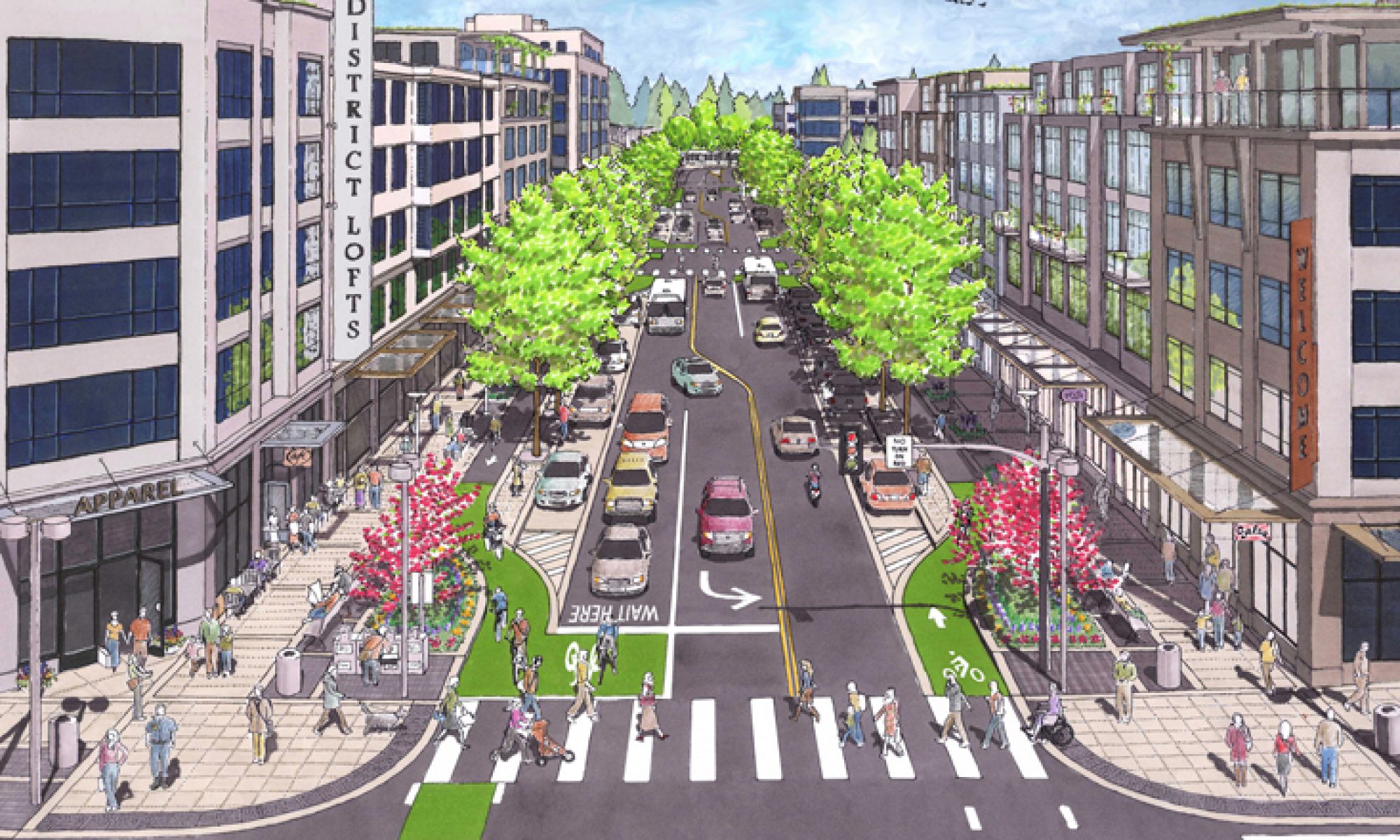Asbury Park is doing it the right way…even though many residents would like to see infrastructure for walkers and bicyclists in place yesterday. But incrementalism doesn’t mean small or slow. This article describes almost every strategy we’re doing in AP, from striping bike lanes and traffic calming infrastructure, establishing a bike share, angled back-in parking, organizing an open streets event, and planning a community info gathering. Incrementalism is most effective for the safety of bicyclists, pedestrians and the health of a city: #slowthecars.
OUR STREETS ARE AN EMERGENCY SITUATION FOR CYCLISTS. WHY SHOULD WE FIX THEM INCREMENTALLY?
BY KEA WILSON
WHAT INCREMENTALISM ISN’T
“So before I talk about how Strong Towns-style incremental development is exactly what our cities need to make our places more bikeable and more financially productive, let me tell you what incrementalism isn’t.
Incrementalism isn’t an excuse for a lack of urgency. If a stroad in your neighborhood is truly dangerous and draining your community resources, someone has to do something, and — for reasons we’ll explore in a minute — an incremental development mindset can actually make it easier to do something quickly and make a more meaningful change.”


















